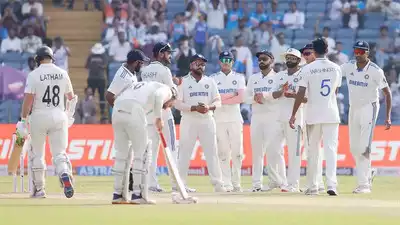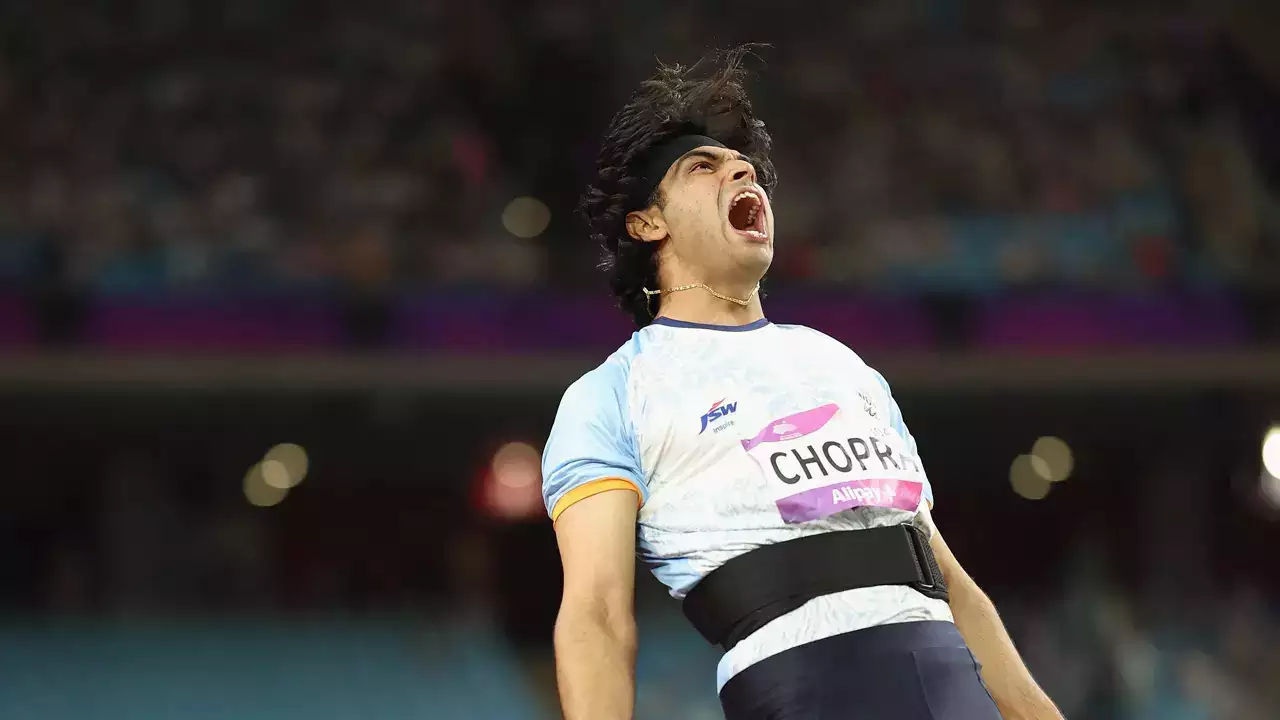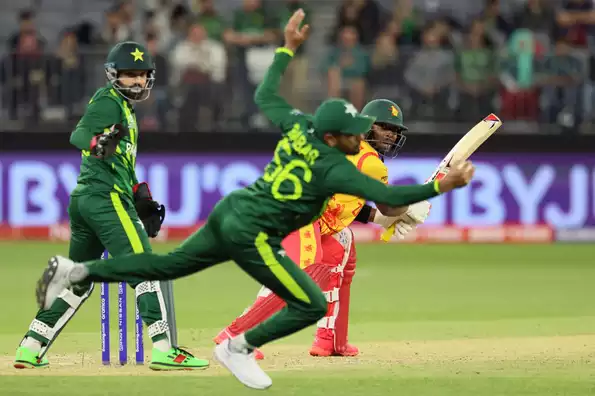MUMBAI: India’s 0-3 home series loss to New Zealand revealed not only the team’s vulnerability against spin but also underscored a larger trend. Both the Pune and Mumbai Tests wrapped up within three days on spin-friendly pitches, while the Bengaluru Test, although lasting four days, saw a complete washout on Day One. With teams striving for wins that boost their World Test Championship (WTC) standings, Tests are increasingly concluding in fewer days.
In the last five years, out of 25 Tests played in India, 12 ended within three days, seven within four, and one—India’s third Test against England in Ahmedabad—finished in just two days. Spin-dominant pitches in the subcontinent and fast tracks in SENA (South Africa, England, New Zealand, Australia) countries have shortened the duration of these matches. Furthermore, the Decision Review System (DRS) has tipped close calls in favor of bowlers, and batting techniques have seemingly weakened in the T20 era, a point India’s head coach Gautam Gambhir recently highlighted.
Former India captain Dilip Vengsarkar advocates for official four-day Tests. “With so many matches finishing under four days, Tests should be shortened. Financially, it would also benefit boards outside of India, England, and Australia, many of which struggle with expenses associated with five-day Tests. Plus, it’s unfair for fans to buy five-day tickets only for matches to end within three days,” Vengsarkar told TOI after India’s loss at Wankhede Stadium.
Four-day Tests have received occasional backing, notably from former England captain Michael Vaughan and the late Australian spinner Shane Warne. In 2020, the MCC (custodian of cricket laws) maintained its preference for five-day Tests but acknowledged some benefits of the ICC’s four-day proposal. A handful of four-day Tests, like England-Ireland in 2023 and a South Africa-Zimbabwe match, were ICC-sanctioned, and India’s domestic Ranji Trophy league stage matches follow a four-day format.
The recent Mumbai Test also highlighted substantial spectator support, with at least 18,000 attendees daily, including around 20,000 on Day Three. Vengsarkar suggests the BCCI consider hosting Tests in major cities like Mumbai, Delhi, Kolkata, Bengaluru, and Chennai while reserving ODIs and T20Is for smaller venues. “The response from Mumbai fans was exceptional. The time has come to stage Tests at major centers and white-ball games at other locations,” Vengsarkar said.
Since the 2016-17 season, the BCCI has awarded Tests to smaller centers, including Rajkot, Vizag, and Pune.




